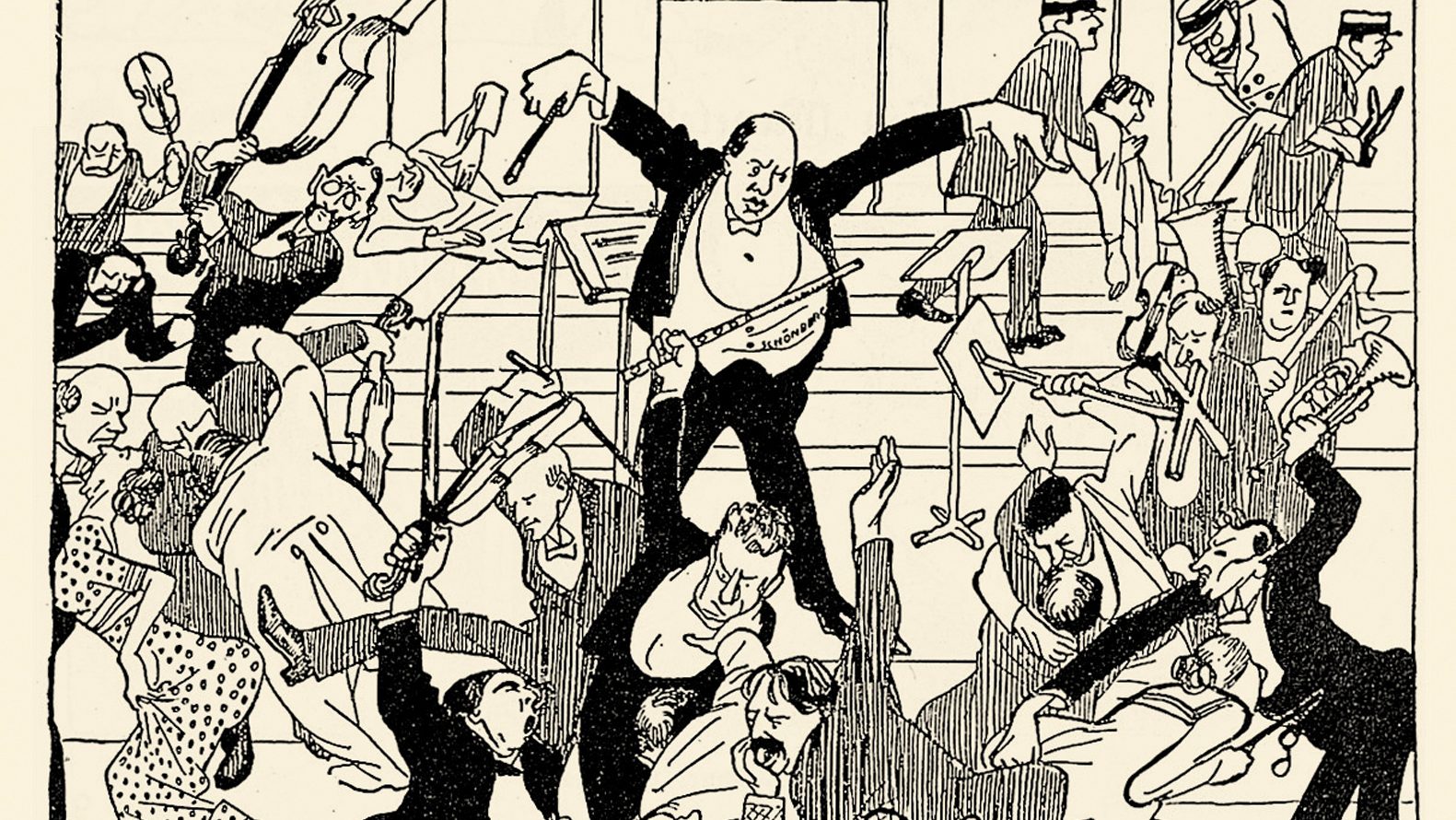The Norwegian word for cyclist is syklist. One thing this tells us is that the letter C, as we use it for writing English, is both ambiguous with respect to the speech-sound it is intended to represent, and redundant – we do not need it. The first C in cyclist could just as well be written S, and the second C could be written K, just as in Norwegian.
The Norwegian word for deck is dekk; their word for compass is kompass – Polish, Czech and Croatian also have kompas. And in Norwegian, ceremony is written seremoni.
It looks as if, in any given case, our C could readily be replaced by either K or S. In fact, of the 26 letters in the version of the Latin alphabet we use for writing English, three are redundant.
In addition to C, the letter Q is also unnecessary. We already have K and W, so instead of writing QU (Q is always followed by U in English words) we could write KW – kwikk instead of quick. And indeed, showing us the way, Norwegian does have the word kvikk ‘alert, clever’ (Norwegian has no w sound and therefore has no need for that letter).
X is another unnecessary letter. The Norwegian word for a box is boks. And in Polish, Slovenian and Croatian, the word for the pugilistic sport of boxing is also boks.
It is true that X can serve a very slightly useful purpose in English. It is convenient for indicating the grammatical difference between words such as tax and tacks, where the latter consists of two grammatical elements – the base word tack plus the plural marker -s. But it seems hardly worthwhile having an additional letter on our keyboards just for this.
Admittedly, the letter C cannot be replaced by K or S when it occurs in the combination CH, as in church. But here English is inefficient in a different way, using two letters to represent a single speech sound, as is also the case in Spanish, such as in the word chorizo.
English orthography would be a great deal more sensible if it employed a one-sound-one-letter principle (as Finnish does). So why not use the redundant X instead of CH? Xurx for church looks very odd to us now, but no doubt so did syklist to Norwegians when it originally replaced cyklist, as a result of a major spelling reform.
And what could we do with our other redundant letters, C and Q? Well, the two-letter combination TH is doubly unsatisfactory. First, it uses two letters to represent a single sound. And secondly, it actually confusingly stands for two different single speech sounds: the words thigh and thy are both written with TH, but the initial consonant sounds are not identical. This and thistle also begin with different sounds. Here, potentially, is a proper job for C and Q where they could do some real work!
But will any such spelling reform in English ever come to pass? In assessing what the chances are of changing English orthography to make it more intelligent, we have to note that the largest English-speaking country on earth is the USA where, alone among the more or less 200 countries in the world today, they still measure temperature using the Fahrenheit scale.
RIX
The spelling of surnames like Rix and Dix with the letter X shows that we have gradually lost track of the fact that Rix is derived from Rick, as an abbreviation of Richard. The name of course originally meant ‘Rick’s’, that is ‘child of Richard’, but writing it with X obscures that connection.




